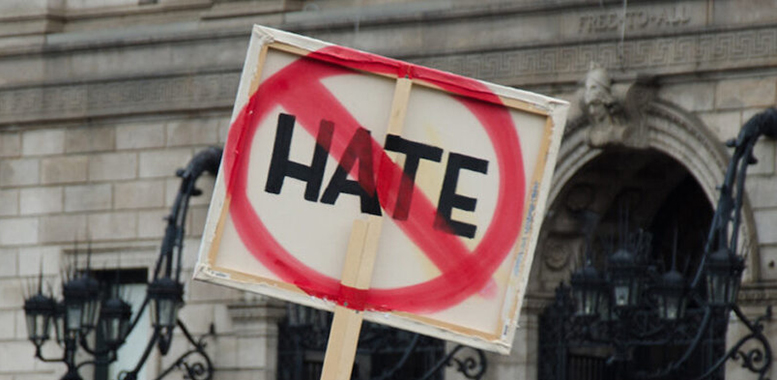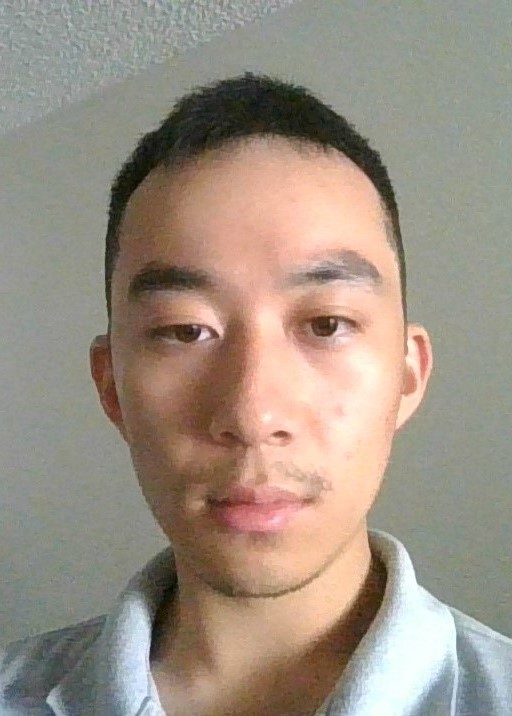The Role of Shared Reality in the Development of Hate and its Antecedents
Abstract
Three studies will examine the role of shared reality in the development of hatred and its precursors such as contempt. They will be specifically applied to politics, given the pressing issue of political division facing the country today. Study 1 will test how feelings of shared reality account for the relationship between participants’ ideological distance with another and negative interpersonal judgements, such as a desire to distance oneself from the other, and feelings that the other is morally hopeless and unable to change their ways. Study 2 will test whether proximity threat to a disliked outgroup, such as political extremists, can activate more severe judgements of dehumanization and hatred. Low shared reality may not be enough to create hatred when the outgroup is at a safe distance, but unwanted contact may spur a change in evaluations. Finally, Study 3 will test whether negative judgments can be attenuated by increasing shared reality through portraying pro-social behaviors done by a political outgroup member. Taken together, the studies will inform the psychological mechanisms underpinning the building blocks of hate. Understanding these mechanisms allows for the formulation of better methods to stop hate before it takes root in people’s minds.
Field
Communication
Team
Brett Hu, Steve Stroessner
Brett Hu
Brett is a third year PhD student in Communication. He is interested in studying shared reality, the experience of having in common inner states with others about things in the world, with a focus on its political consequences. Aside from this current project, he is also interested in understanding how much information and what kind of information is needed for someone to categorize another as a political ingroup or outgroup member.


